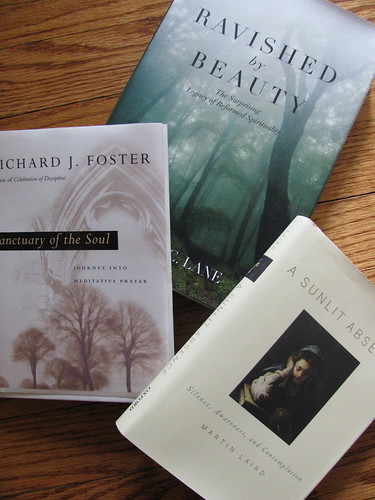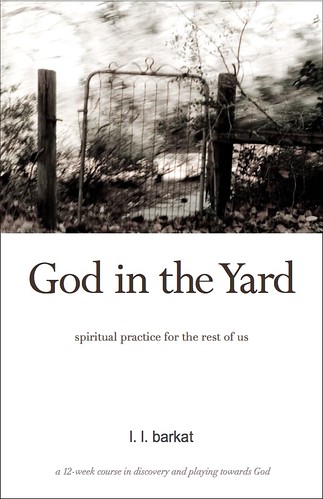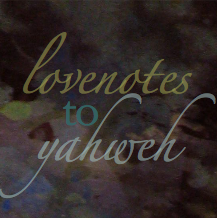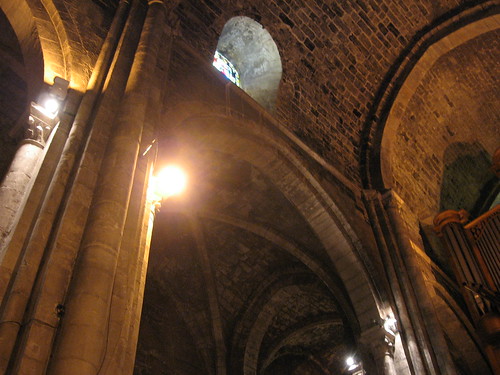A Gathering Art
These are the underlying questions of the final chapter of Ravished by Beauty.
Pulling together ideas about "Calvin's God of beauty, mirrored in creation, and Edwards's communicative God, eagerly seeking ways of multiplying relationships [and glory]," Belden C. Lane makes his crowning pitch to those who profess a deep yearning for God: if we are moved by this yearning it will go beyond words. We will develop, as Edwards noted, "a capacity to delight."
Bringing it home with a concrete example of East St. Louis (across the river from his own residence), where Dead Creek teems with chemicals and ugliness, Lane asks us to test the measure of our delight in Creation (and ultimately in God).
Are we willing to let such places remain stripped of their "natural ability to reflect God's glory"? Are we willing to let the Dead Creeks of our world be silenced in their praise? Likewise, if it is true, as Sandra Steingraber argues in Living Downstream, that "90 percent of all forms of cancer may be attributable to specific environmental factors," can we sit by in silence as praiseless places lead to the eclipse of human voices of praise?
Lane's conclusion is sober, "Failing to exercise the consciousness I possess, I too fail to give praise."
Let us, then, he urges, join our words and actions. Let "the desire of human beings...join in God's own deep longing for beauty."
Maybe it can begin with a simple gathering art. Go outside every day. And, there, listen for the heart of God.
Labels: Belden C. Lane, Ravished by Beauty, spiritual practice
















